On this occasion, Minister of Industry and Trade Nguyen Hong Dien shared about the historic milestone event that created a breakthrough in economic, trade and investment cooperation between the two countries, opening a big path for Viet Nam to penetrate deeper into the Middle East - Africa market.
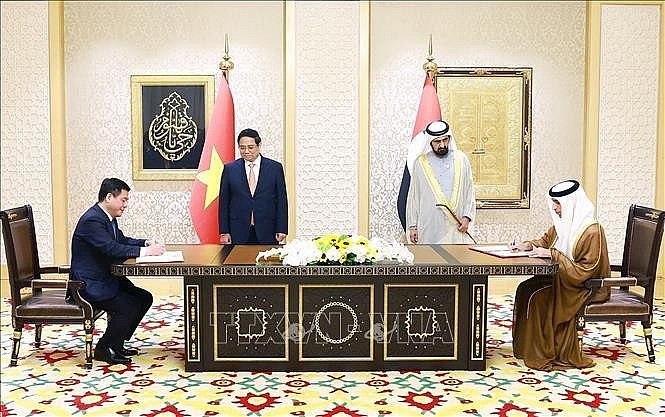 |
| Prime Minister Pham Minh Chinh and UAE Vice President and Prime Minister Sheikh Mohammed bin Rashid Al Maktoum witnessed the signing of the Comprehensive Economic Partnership Agreement (CEPA) between Viet Nam and the UAE. Photo: Duong Giang/VNA |
Viet Nam and the UAE signed the Viet Nam-UAE Comprehensive Economic Partnership Agreement (CEPA), an event that Prime Minister Pham Minh Chinh described as one of the two historical milestones in bilateral relations during his visit. Could you briefly share the negotiation process and the main contents of the recently signed Viet Nam-UAE FTA?
Since 2022, the Vietnamese Ministry of Industry and Trade and the UAE Ministry of Economy have studied the possibility of negotiations and signing a bilateral free trade agreement (FTA). The FTA between Viet Nam and the UAE was considered feasible, expected to benefit both sides, and in line with the desire to strengthen cooperation between the two countries in many areas.
After a consideration study and assessment of the impact of the FTA between Viet Nam and the UAE in 2022, and based on the agreement with the UAE, in April 2023, during a visit and working session with the UAE delegation of the Ministry of Industry and Trade, the two sides agreed on the name of the bilateral FTA as the Comprehensive Economic Partnership Agreement (CEPA) and signed a Ministerial Statement on initiating negotiations as well as agreeing on the Terms of Reference (TOR) of the CEPA.
With the determination and efforts at all levels of Viet Nam and the UAE, on the occasion of the official visit of Vietnamese Prime Minister Pham Minh Chinh to the UAE this time, the two sides have signed the CEPA to create a breakthrough in economy, trade and investment relations between the two countries. Thus, from the launch of negotiations to the signing of the CEPA, Viet Nam has taken only over a year, much faster than previous FTAs , and can be considered a record.
The CEPA consists of 18 Chapters, 15 Annexes, and 2 bilateral letters. Notably, the two sides have agreed to make strong commitments on trade liberalization with the UAE committed to eliminate tariffs on a roadmap for 99% of Viet Nam's exports to the UAE, while Viet Nam also commits to eliminate tariffs on a roadmap for 98.5% of the UAE's exports to Viet Nam. The agreement also includes many provisions to facilitate trade and investment, in line with current trends of digital transformation and green development.
This is a traditional FTA with all the usual contents in other free trade agreements but with high standards and includes many elements to prepare for the future development trends of the world. With preferential and advantageous commitments that balance the interests of both sides, this agreement will be an important driving force to further promote bilateral trade and investment relations between Viet Nam and the UAE in the coming time.
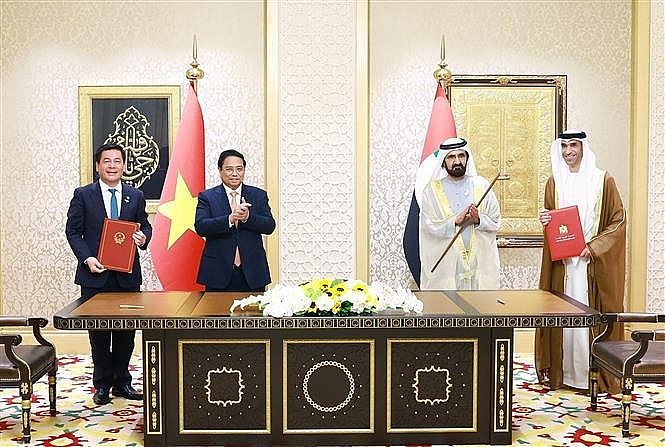 |
| Prime Minister Pham Minh Chinh (second from left) and UAE Vice President and Prime Minister Sheikh Mohammed bin Rashid Al Maktoum (second from right) witnessed the signing of Comprehensive Economic Partnership Agreement (CEPA) between Viet Nam and the United Arab Emirates (UAE) ( Photo: VNA) |
As you mentioned, the CEPA offers significant tariff preferences for Vietnamese goods exported to the UAE. In your opinion, which industries and sectors in Viet Nam will benefit the most from this agreement?
Within the framework of the agreement, the UAE has committed to eliminate tariffs immediately upon the agreement's entry into force for many of Viet Nam's key and high-potential export products, creating a favorable foundation for promoting our exports to this market and subsequently to other Middle Eastern countries. The UAE will open its doors to almost all Vietnamese export products with advantages.
Agricultural products such as cashew nuts, pepper, and honey will have a stronger opportunity to penetrate the UAE and Middle East markets thanks to reduced tariffs. Moreover, this is a region with a high demand for high-quality agricultural products, especially clean and organic products as well as Halal-certified products.
In addition, consumer goods including textiles, footwear, and electronics, which are Viet Nam's strengths, will be more competitive in terms of price and expand their market share in the UAE, a market with high demand for fashion and quality consumer goods.
With the high demand for high-quality seafood in the UAE, especially shrimp and fish products, Viet Nam's seafood industry will have more opportunities to increase exports and enhance product value thanks to the preferences from CEPA. Furthermore, wood products are also a commodity that will benefit significantly from CEPA. With the rapid urbanization and high-end real estate projects in the UAE, the demand for wood products, especially furniture and construction materials, is large.
In particular, the two sides have also agreed on commitments to open up service markets, and to make government procurement more transparent, thereby facilitating investment exchanges.
How will the CEPA contribute to fostering economic and trade cooperation between Viet Nam and the UAE and, accordingly, help Vietnamese goods penetrate deeper and further into the Middle East and African markets?
CEPA is Viet Nam's first FTA negotiated with an Arab country in the Middle East and Africa and marks the beginning of promoting relations not only with the UAE but also with the region. Therefore, CEPA not only creates a breakthrough in economic and trade cooperation between Viet Nam and the UAE but also acts as a catalyst for attracting strong investment from the UAE into Viet Nam in sectors such as energy, industry, high technology, and supply chain development.
The UAE is one of Viet Nam's top trading, investment, and labor cooperation partners in the region. In the near future, CEPA can bring more investment opportunities to Viet Nam from UAE businesses looking to take advantage of and benefit from the Agreement. This stems from a balanced basis of benefits, with Viet Nam committing to opening its market to the UAE at a higher level than the WTO and some other FTAs in certain areas that the country is interested in, such as hotel and restaurant services, crewed vessel chartering, ship maintenance and repair services, and ship agency services. These are services in which the UAE has strengths and is ready to invest in Viet Nam in the near future after the Agreement officially takes effect.
In addition, CEPA opens up opportunities to attract investment from the UAE - a country with large capital - in the fields of manufacturing, processing, high-tech agriculture, as well as Viet Nam's infrastructure.
How do you assess the significance of CEPA in helping us to open up the Middle Eastern market with a size of up to US$2,000 billion?
The signing of CEPA with the UAE is expected to be an important lever for Viet Nam to take advantage of trade and investment opportunities in the Middle East. This is a region with dynamic economies, with a large economic scale but has not been noticed by Vietnamese businesses in the past.
With the two sides having CEPA, the competitiveness of Vietnamese goods in the UAE will certainly increase and this is an opportunity for businesses to catch up and even surpass other partners in this important market. In addition, the UAE is an important trade gateway in the Middle East, with the potential to connect with many countries in the region. Therefore, through the UAE, Vietnamese products will easily reach other large markets in the region such as Saudi Arabia, Qatar, and Kuwait, as well as some countries in North Africa and West Asia.
Source: Vietnamtimes



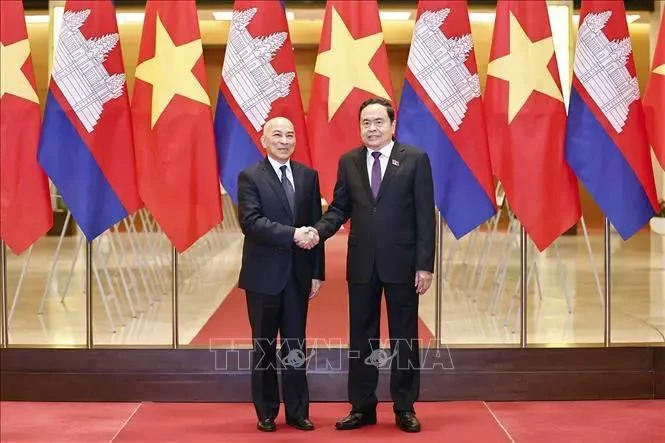
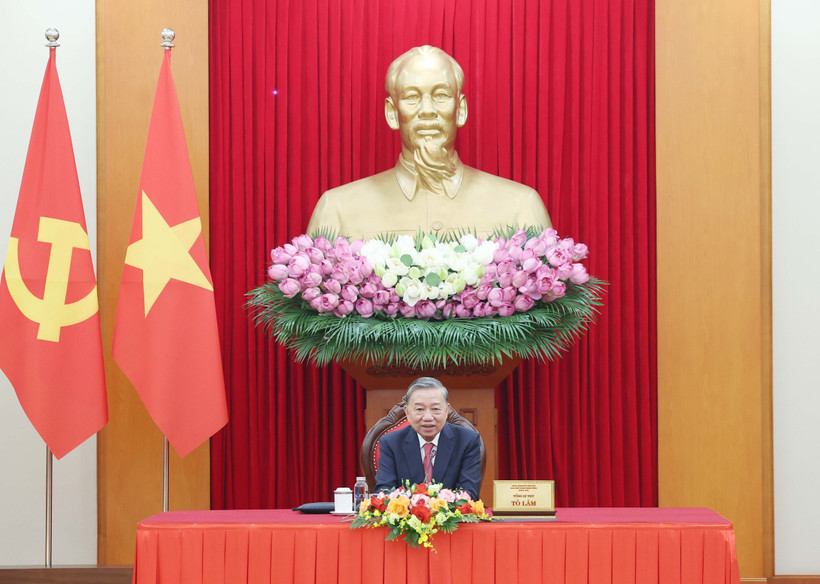
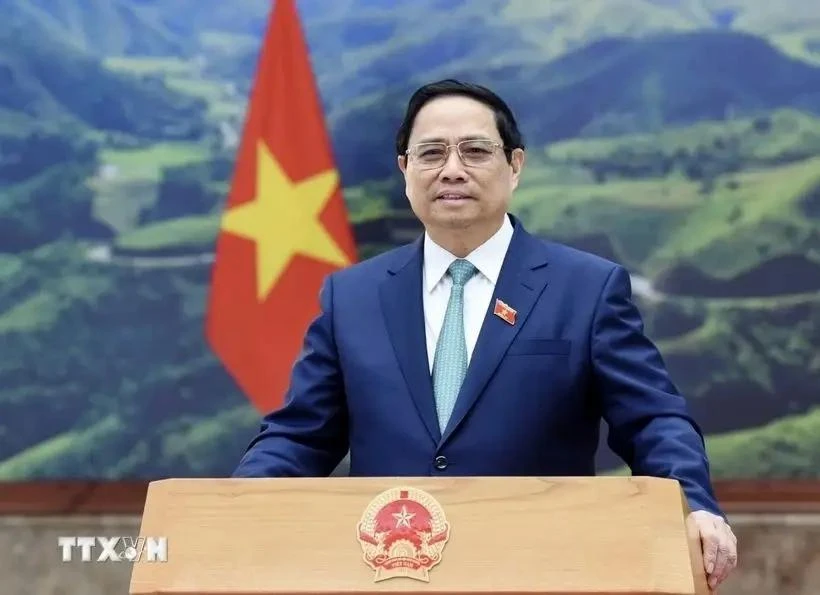

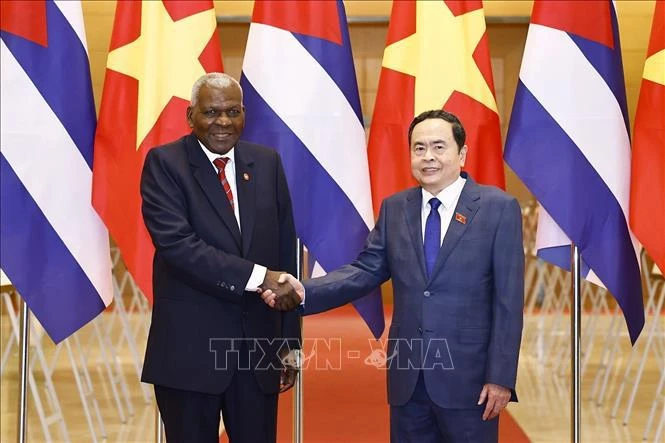
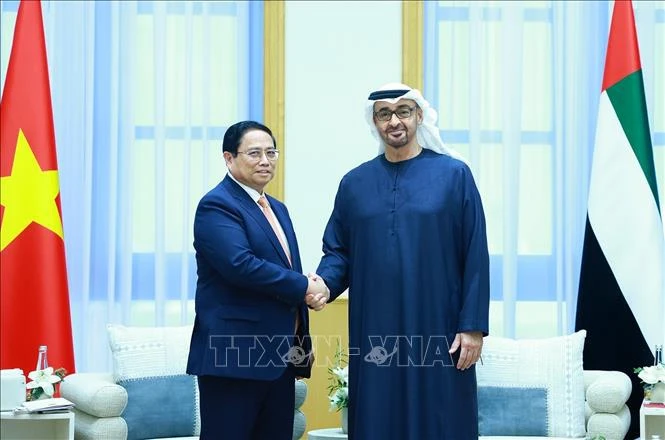
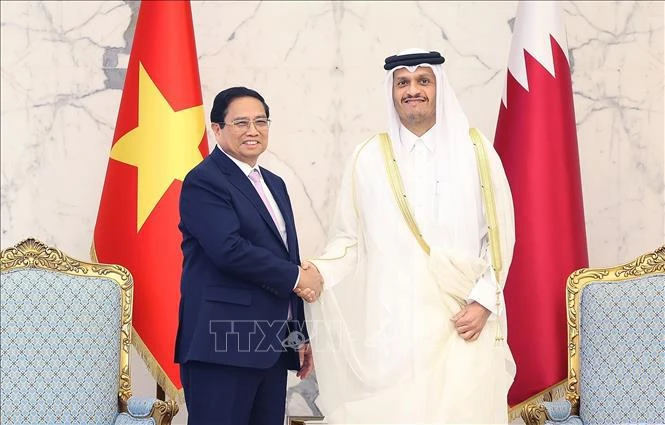
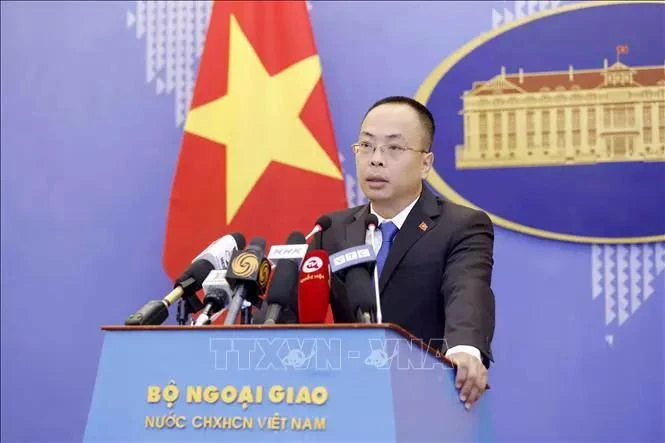
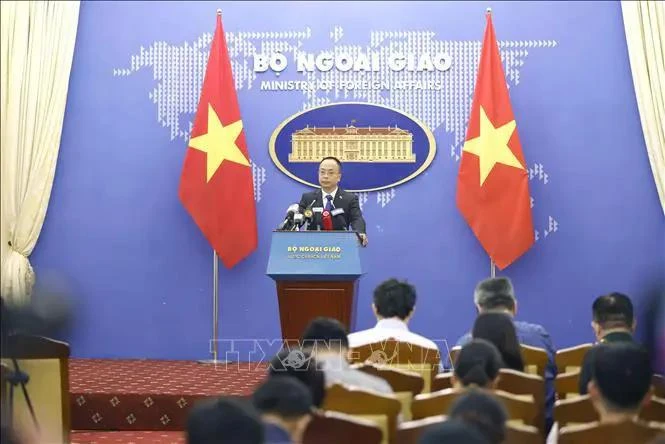
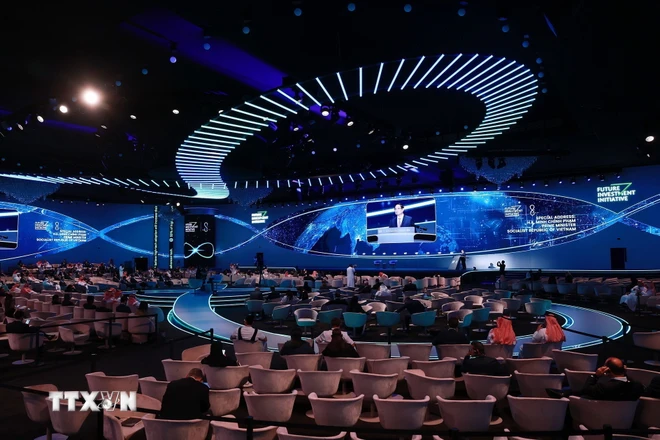
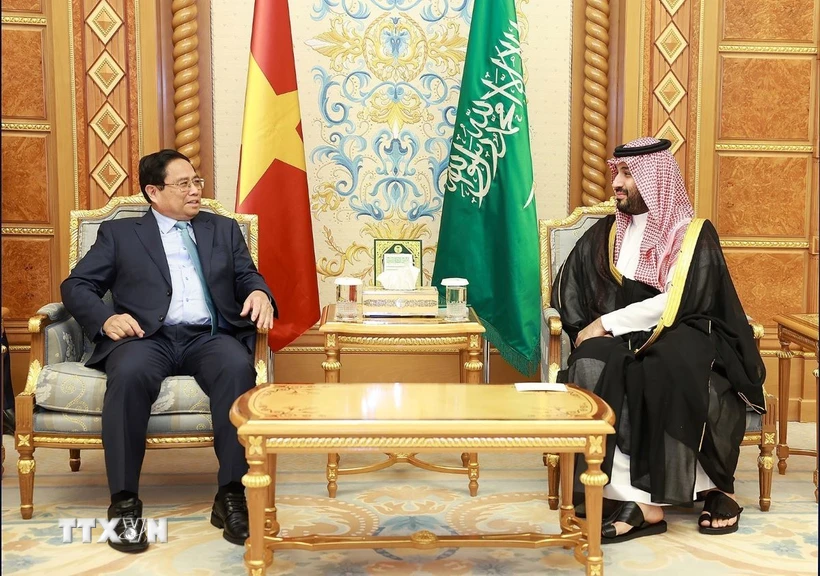
.webp)